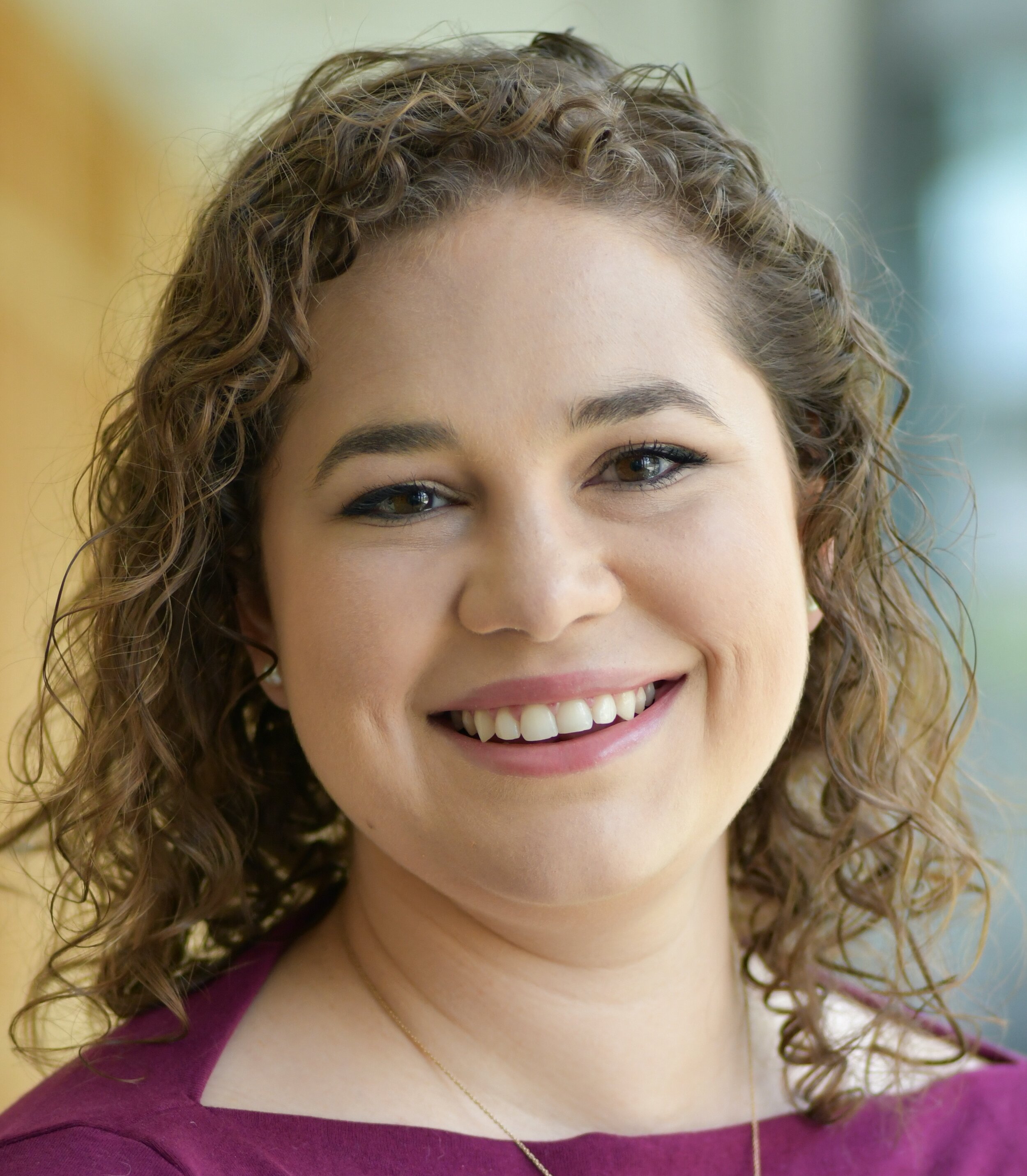Validity and reliability of the Physical Literacy in Children Questionnaire (PL-C Quest) for primary school children aged 8-11 years, Journal of Science andMedicine in Sport, 2025.
Increased Incidence of Surgical Intervention for Otitis Media With Effusion Among Patients With Type 2 Inflammatory Diseases, The Journal of Allergy and Clinical Immunology: In Practice, 2025.
Development and Effectiveness of Tinnitus Activities Treatment-Online, a Self-Paced Remote Counseling Program, American Journal of Audiology, 2025.
Validity of the Turkish Version of the Tinnitus Primary Function Questionnaire, Turkish Archives of Otorhinolaryngology, 2025.
Rationale and Development of a Remote Counseling Program for Hyperacusis, American Journal of Audiology, 2025.
Validation of the Pediatric Spatial Hearing Questionnaire, American Journal of Audiology, 2024.
An Exploratory Study of Bimodal Electro-Aural Stimulation Through the Ear Canals for Tinnitus, American Journal of Audiology, 2024.
Influence of tinnitus, lifetime noise exposure, and firearm use on hearing thresholds, distortion product otoacoustic emissions, and their relative metric, The Journal of the Acoustical Society of America, 2023.
Tinnitus assessment: Chinese version of the Tinnitus Primary Function Questionnaire, World Journal of Otorhinolaryngology–Head and Neck Surgery, 2023.
Validation of the Chinese Translation of the “Meaning of Life” in Patients with Hearing Loss or Tinnitus, Journal of the American Academy of Audiology, 2022.
Measuring tinnitus in pharmaceutical clinical trials, The Journal of the Acoustical Society of America, 2022.
Reliability and Validity of the Tinnitus Handicap Inventory: A Clinical Study of Questionnaires, The Journal of International Advanced Otology, 2022.
Hypothyroidism and related comorbidities on the risks of developing tinnitus, Scientific Reports, 2022.
Tinnitus Activities Treatment with Total and Partial Masking, Journal of the American Academy of Audiology, 2021.
Tinnitus and tinnitus disorder: Theoretical and operational definitions (an international multidisciplinary proposal), Progress in Brain Research, 2021.
Increased Incidence of Tinnitus Following a Hyperthyroidism Diagnosis: A Population-Based Longitudinal Study, Frontiers in Endocrinology, 2021.
The AHK-Wales Report Card 2018: Policy Measure–is it possible to ‘score’ qualitative data? Health Promotion International, 2021.
Association between exposure to road traffic noise and hearing impairment: a case-control study, Journal of Environmental Health Science and Engineering, 2021.
Use of a Smartphone App for Cochlear Implant Patients With Tinnitus, American Journal of Audiology, 2021.
An Exploratory Step Toward Measuring the “Meaning of Life” in Patients with Tinnitus and in Cochlear Implant Users, Journal of the American Academy of Audiology, 2020.
Classification of Tinnitus: Multiple Causes with the Same Name, Otolaryngologic Clinics of North America, 2020.
Complaints of People with Hyperacusis, Journal of the American Academy of Audiology, 2020.
Auditory Performance in Early Implanted Children with Cochleovestibular Malformation and Cochlear Nerve Deficiency, The Journal of International Advanced Otology, 2020.
Noise Induced Hearing Loss and Tinnitus—New Research Developments and Remaining Gaps in Disease Assessment, Treatment, and Prevention, Brain Sciences, 2020.
Reliability of the Minimum Masking Level as Outcome Variable in Tinnitus Clinical Research, American Journal of Audiology, 2020.
Consequences of Hidden Tinnitus and Hearing Loss, The Hearing Journal, 2020.
Programming a Cochlear Implant for Tinnitus Suppression, Journal of the American Academy of Audiology, 2020.
Tinnitus Sound Therapy Trial Shows Effectiveness for Those with Tinnitus, Journal of the American Academy of Audiology, 2020.
Reliability and Validity of a Korean Version of the Tinnitus Primary Function Questionnaire, American Journal of Audiology, 2019.
Establishing a Group Educational Session for Hyperacusis Patients, American Journal of Audiology, 2019.
Tinnitus: How Partners Can Help? American Journal of Audiology, 2019.
Tinnitus Suppression in Cochlear Implant Patients Using a Sound Therapy App, American Journal of Audiology, 2018.
Glutamate is down-regulated and tinnitus loudness-levels decreased following rTMS over auditory cortex of the left hemisphere: A prospective randomized single-blinded sham-controlled cross-over study, Hearing Research, 2018.
Effect of Transcranial Direct Current Stimulation in Patients With Tinnitus: A Meta-Analysis and Systematic Review, The Annals of Otology, Rhinology, and Laryngology, 2018.
Development of a Shortened Version of the Spatial Hearing Questionnaire (SHQ-S) for Screening Spatial-Hearing Ability, American Journal of Audiology, 2017.
Frequency-Limiting Effects on Speech and Environmental Sound Identification for Cochlear Implant and Normal Hearing Listeners, Journal of Audiology & Otology, 2017.
Vagus Nerve Stimulation Paired with Tones for the Treatment of Tinnitus: A Prospective Randomized Double-blind Controlled Pilot Study in Humans, Scientific Reports, 2017.
The Effectiveness of the Progression of Widex Zen Tinnitus Therapy: A Pilot Study, American Journal of Audiology, 2017.
Validation of the Chinese Translation of the Spatial Hearing Questionnaire and Its Short Form, American Journal of Audiology, 2016.
Manganese and Lipoflavonoid Plus(®) to Treat Tinnitus: A Randomized Controlled Trial, Journal of the American Academy of Audiology, 2016.
Survey on the Effectiveness of Dietary Supplements to Treat Tinnitus, American Journal of Audiology, 2016.
Speech, Spatial and Qualities of Hearing Scale (SSQ) and Spatial Hearing Questionnaire (SHQ) Changes Over Time in Adults With Simultaneous Cochlear Implants, American Journal of Audiology, 2015.
Is Hypozincemia Related to Tinnitus?: A Population Study Using Data From the Korea National Health and Nutrition Examination Survey, Clinical and Experimental Otorhinolaryngology, 2015.
A Series of Case Studies of Tinnitus Suppression With Mixed Background Stimuli in a Cochlear Implant, American Journal of Audiology, 2015.
Validity and reliability of the Persian version of spatial hearing questionnaire, Medical journal of the Islamic Republic of Iran, 2015.
Differences Among Patients That Make Their Tinnitus Worse or Better, American Journal of Audiology, 2015.
The spatial hearing questionnaire: data from individuals with normal hearing, American Journal of Audiology, 2014.
Self-reported spatial hearing abilities across different cochlear implant profiles, American Journal of Audiology, 2014.
Amplitude modulated S-tones can be superior to noise for tinnitus reduction, American Journal of Audiology, 2014.
Development and validation of the tinnitus primary function questionnaire, American Journal of Audiology, 2014.
Clinical practice guideline: tinnitus executive summary, Otolaryngology–Head and Neck Surgery, 2014.
A Review of Hyperacusis and Future Directions: Part I. Definitions and Manifestations, American Journal of Audiology, 2014.
A Review of Hyperacusis and Future Directions: Part II. Measurement, Mechanisms, and Treatment, American Journal of Audiology, 2014.
Clinical practice guideline: tinnitus, Otolaryngology–Head and Neck Surgery, 2014.
The contribution of a frequency-compression hearing aid to contralateral cochlear implant performance, Journal of the American Academy of Audiology, 2013.
Willingness to accept and pay for implantable tinnitus treatments: a survey, Neuromodulation: Journal of the International Neuromodulation Society, 2013.
Zinc to treat tinnitus in the elderly: a randomized placebo controlled crossover trial, Otology & Neurotology, 2013.














